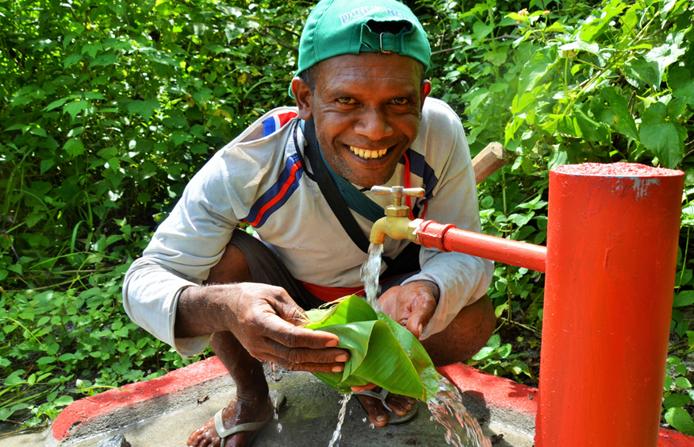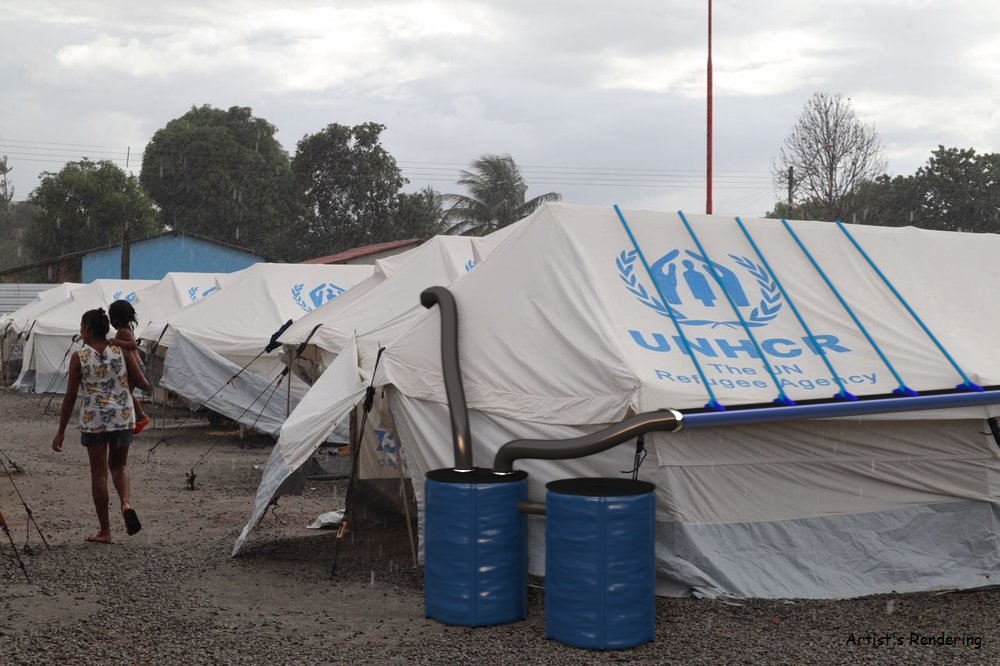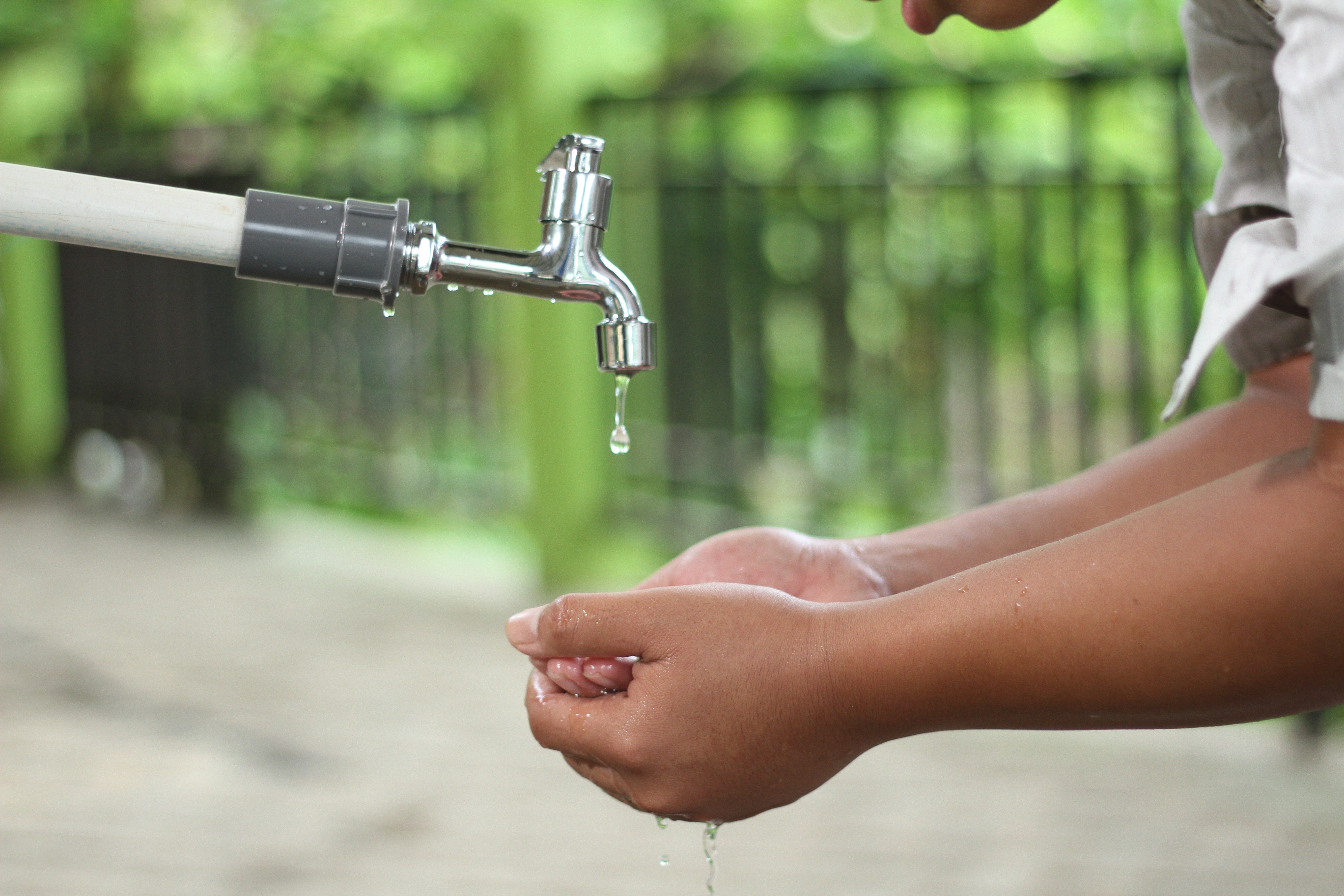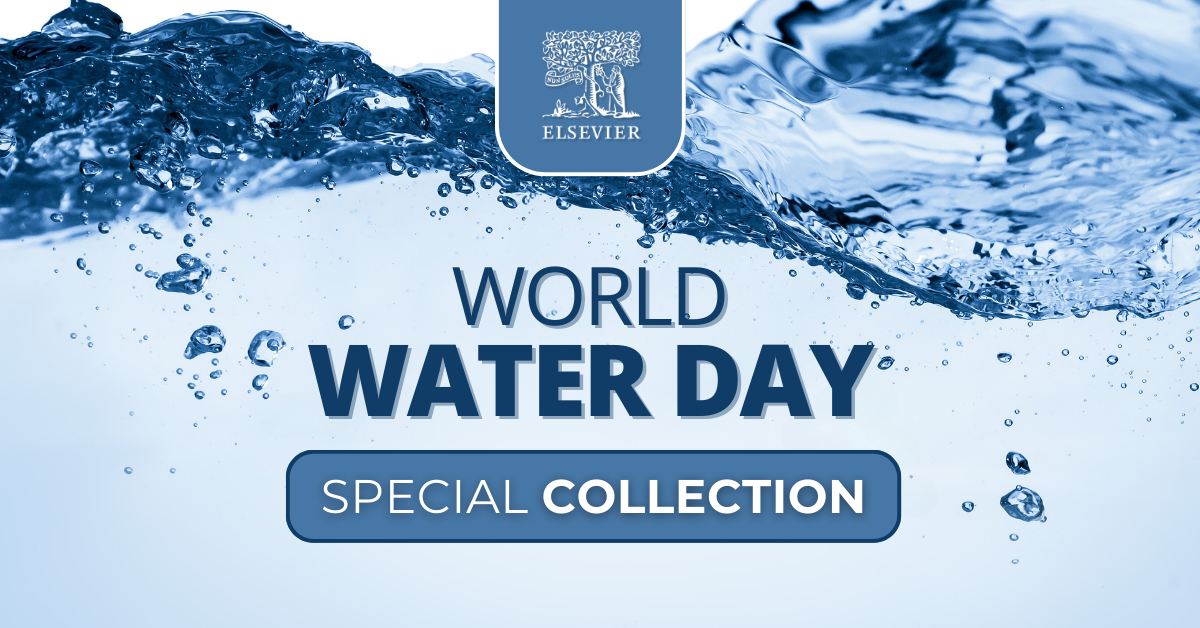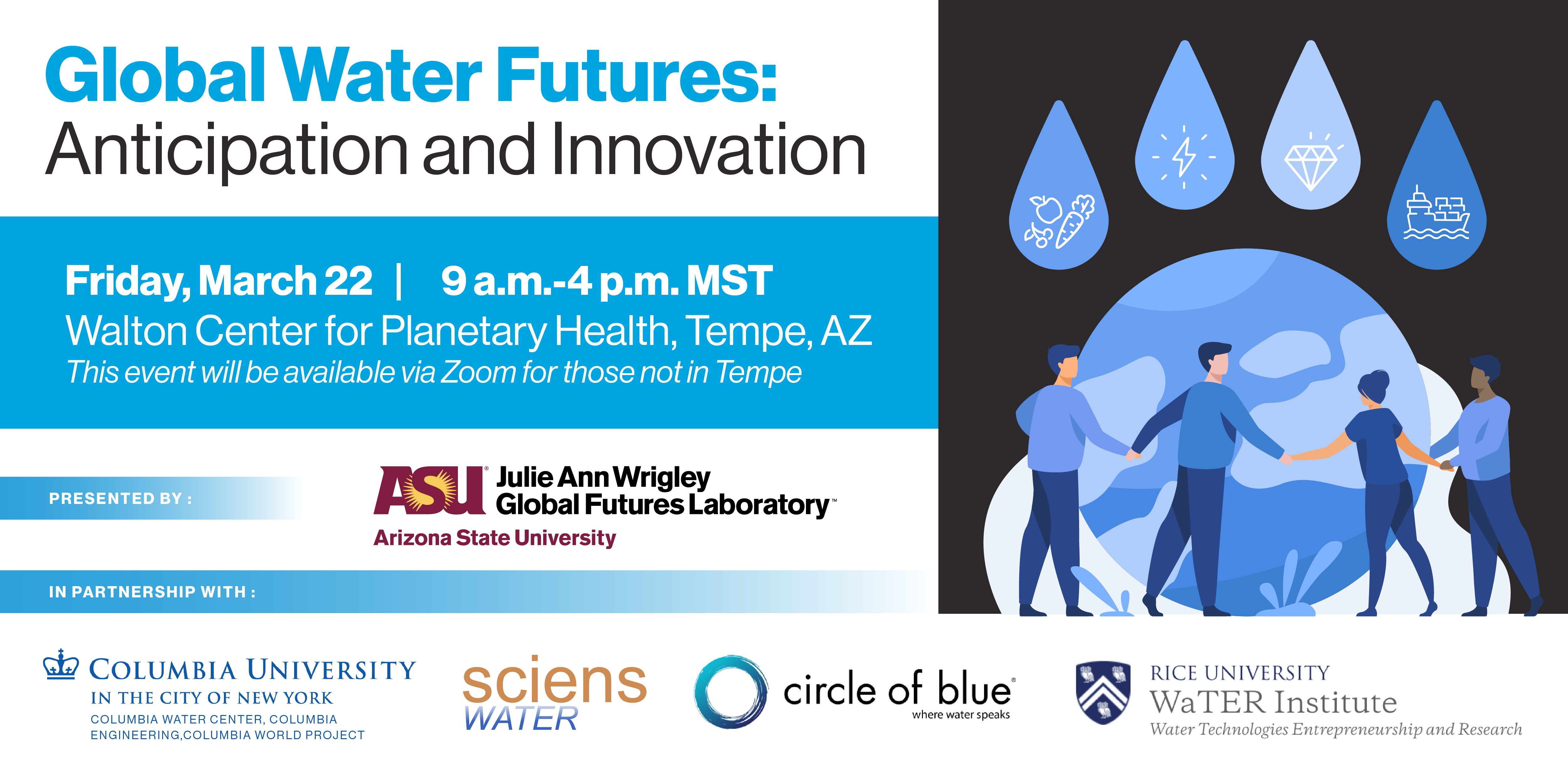Water, the elixir of life, is central to the sustenance of every living organism on Earth. Its importance is undeniably intertwined with the health, prosperity, and long-term viability of societies around the world. As global populations expand and climate change reconfigures the hydrological map of the world, the demand for fresh water is intensifying. Concurrently, several regions are confronting the profound challenge of dwindling water supplies, making water resource management an imperative for the present and the future. Notably, this essential endeavor has been recognized and underscored by the United Nations through its Sustainable Development Goals (SDGs). The direct reference can be found in SDG 6 which aims to "Ensure availability and sustainable management of water and sanitation for all". However, the intersection of water resource management extends beyond just this specific goal, resonating deeply with multiple SDGs.
The foundational objective of water resource management is to efficiently allocate and use water in a manner that is sustainable, equitable, and beneficial for both human beings and the environment. In doing so, it touches upon numerous sectors such as agriculture, industry, health, and energy, which are intrinsically tied to several other SDGs. For instance, efficient water management plays a pivotal role in ensuring zero hunger (SDG 2) by aiding sustainable agricultural practices and ensuring water availability for irrigation, which directly impacts crop yields. In the realm of health (SDG 3), clean water prevents waterborne diseases, ensuring that communities thrive and reducing mortality rates. Furthermore, as urban areas continue to burgeon, sustainable water practices can foster the creation of resilient and sustainable cities (SDG 11). It's clear then, that the ripple effects of effective water resource management cascade across various SDGs, stitching them together in a tapestry of interconnected objectives.
One cannot underscore enough the symbiotic relationship between water resource management and the combating of climate change (SDG 13). As the effects of global warming exacerbate, the patterns of precipitation shift and water availability becomes unpredictable in many regions. By managing water resources prudently, societies can adapt to these altered hydrological realities, ensuring that even in times of scarcity or excess, water-related calamities can be mitigated.
The approach to water resource management also gravitates towards innovation and infrastructure (SDG 9). From constructing efficient water storage facilities and distribution networks to harnessing technology for wastewater treatment, innovation remains at the heart of addressing the complex challenges of water. Moreover, there is an intrinsic relationship between water and ecosystems (SDG 15). Sustainable water management ensures the protection and restoration of freshwater ecosystems, which are vital for maintaining global biodiversity.
In the journey towards a sustainable future, collaboration remains key. Water traverses boundaries, both physical and political, necessitating cooperation at local, national, and transnational levels. As nations rally together to achieve the SDGs by 2030, the harmonization of strategies related to water resource management becomes imperative. The task is undoubtedly colossal, but with the SDGs as the North Star, there's a clear direction forward. By acknowledging the centrality of water in this roadmap and championing its judicious management, humanity can hope to craft a future where every individual has access to clean water, ecosystems thrive, and societies prosper in equilibrium with the planet they inhabit.
RELX Environmental Challenge 2025: four shortlisted projects to bring safe water and sanitation to communities around the world
The RELX Environmental Challenge 2025 shortlist features four innovative projects that provide sustainable access to safe water and improved sanitation. The RELX Environmental Challenge prioritises replicable, scalable, sustainable and innovative solutions. They must also have practical applicability and involve local communities and other key stakeholders.
World Water Day, held on March 22, is an annual United Nations Observance focusing on the importance of fresh water. The theme of this year’s observance is Glacier Preservation; glaciers are critical to life – their meltwater is essential for drinking water, agriculture, industry, clean energy production, and healthy ecosystems. To mark World Water Day 2025, Elsevier has curated a free special collection of journal articles and book chapters to raise awareness for this important topic, and to help advance #SDG6 research.
The 2024 winners of the RELX Environmental Challenge, which supports innovative solutions to advance SDG 6 Clean water and sanitation, have been announced.
Each year the RELX Environmental Challenge is awarded to projects that best demonstrate how they can provide sustainable access to safe water or sanitation. There is a $50,000 prize for the first place entry and a $25,000 prize for the second place entry. The winners also receive free access for one year to ScienceDirect, our Scientific, Technical & Medical business’ database of full text, scientific information. Projects must have clear practical applicability, address identified need and advance related issues such as health, education, or human rights.
Every year, World Water Day raises awareness and inspires action to tackle the water and sanitation crisis. To mark World Water Day 2024, Elsevier has curated a free special collection of journal articles and book chapters. This year’s theme for World Water Day is Water for Peace. Discover research relating to clean water and sanitation from across a broad range of disciplines including the effects of racism, social exclusion, and discrimination on achieving universal safe water and sanitation in high-income countries and challenges faced by developing economics to mitigate the impacts o
Water is essential for life and producing food, energy, minerals, and industrial goods. As planetary populations grow and a changing climate triggers floods, droughts, and other environmental extremes, access to clean water sources becomes increasingly competitive. Inadequate infrastructures, poor resource allocation, and outdated ecological restoration principles compound an already prescient problem.
World Maritime Day 2026
The vast oceans have always been a source of wonder, sustenance, and vital passage for human civilization. Connecting continents and cultures, the maritime sector plays a pivotal role in global trade, security, and sustainability. Recognizing its significance, the International Maritime Organization (IMO) observes World Maritime Day every year. This day not only celebrates the maritime industry but also emphasizes its importance in ensuring a sustainable future.
Why the Maritime Sector is Vital
